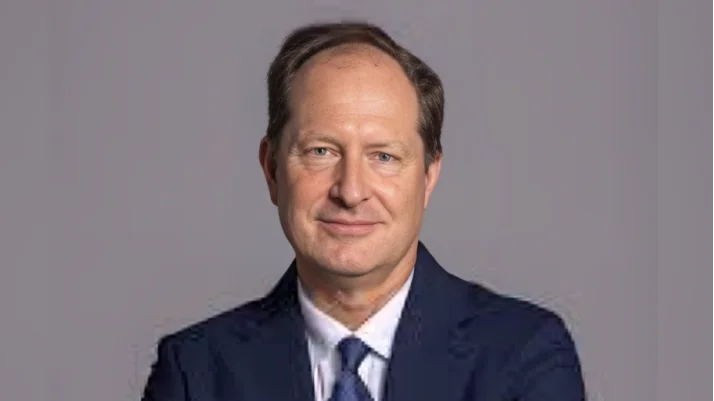Secretary of State Marco Rubio delivered remarks at the Lech Walesa Solidarity Prize Awards Ceremony in Miami, Florida, on September 2, 2025. Speaking to attendees, Rubio reflected on the historical significance of the event’s location and its role in hosting gatherings focused on freedom and liberty.
Rubio highlighted the persistence of communism in certain regions despite its failures. He noted, “it’s hard to believe, as you were walking through the examples of Lech Walesa and the Polish experience, that communism is still a scourge, that it’s still – despite its failure everywhere it’s been tried, despite not just its economic failure, but its social failure, its destructive influence that it has on every society it’s ever touched – it still remains a presence in different pockets of the world, and for those of us who live in this community and who have been raised in this community, just 90 miles from our shores.”
The Secretary praised Berta Soler for her continued activism against oppression in Cuba. He said her decision to remain in Cuba under difficult conditions was admirable: “What has always struck me about Berta Soler and those who join her is that she has refused to leave. Again, this is not a criticism of those who have left, because it’s perfectly understandable that we – there comes a moment where perhaps you can be more successful and more effective from the outside than you are from the outside. But her refusal to leave, her refusal to continue to live under the conditions that she lives under, which are incredibly oppressive, that deny her the basic rights, including the right to go to church every Sunday, is a source of incredible admiration for all of us. It’s something we should all deeply admire and appreciate.”
Rubio emphasized Soler’s lack of political background prior to her activism: “You said something in your comments that was exactly right: This was not a political person. Frankly, political activism in Cuba is not something that’s encouraged or rewarded, unless you’re active on behalf of the regime and their so-called fake revolution. Her willingness to step forward because she identified and saw oppression, she saw wrongdoing, and was willing not just to raise her voice to criticize it but to actually take action against it in a peaceful way has defined the rest of her life and imposed on her tremendous cost for those – and for those around her.”
He acknowledged support received by Soler from others involved with her cause: “Now, I do think that part of today’s credit needs to go to so many who have supported her in this endeavor... And not just the prize that comes with it... but just saying the name and telling the story... is an incredible sign...”
Addressing broader themes about human rights history and democracy worldwide over recent centuries—particularly regarding freedoms such as speech or religion—Rubio stated these rights are relatively new developments compared with historical norms.
He concluded by expressing gratitude toward Poland for supporting efforts promoting liberty internationally: “Your government in Poland has been an extraordinary ally in the cause of liberty and freedom. There are other countries that were liberated from the yoke of tyranny... but there is none in the world that's been more helpful... than the Government of Poland.” He recounted how Polish officials responded quickly when asked for assistance concerning events related to Cuba.
The ceremony honored Berta Soler's ongoing commitment while recognizing international cooperation between allies working toward democratic ideals.

